REACHING YOUR PEAK POTENTIAL
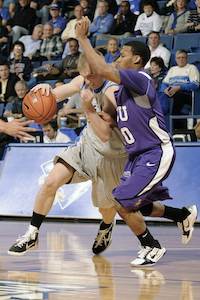 START WITH TOTAL ENGAGEMENT
START WITH TOTAL ENGAGEMENT
In one smooth move, he leaps, aims and shoots. He is oblivious to the crowds and the ball flies into the basket.
Her fingers glide over the strings feeling the music throughout her entire body.
You can call it “being in the flow or the zone.”
It is total absorption in the task you are doing.
There is no self consciousness or internal commentary about your performance.
Your focus is narrowed and it feels like time has stopped.
All your skills you have been practicing are coming together and your body and mind are working together in perfect unison.
THE PHASES OF PERFORMANCE
In their book, The Psychology of Enhancing Human Performance, psychologists Gardner and Moore spell out 3 phases:
The Pre-Performance Phase
This is the preparation phase where you train and practice.
You will need to:
a. remind yourself of your values of things like persistence, challenge and self-development.
b. unhook from all the reasons you don’t want to practice.
c. engage fully in what you are doing, while you practice to create muscle memory.
The Performance Phase
In this phase, you need to point the spotlight only on what is essential to do the task at hand…grabbing the bar, kicking the ball, tapping the keys, hitting your spot.
You do not want to focus on…
What you look like
What other people may be thinking
How to move your arms or legs
How well or poorly you are doing
What will be the outcome of your performance
What will happen next
What happened before
What you can do better
What are your feelings
What are your strengths
What could go wrong
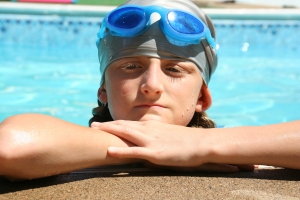 These thoughts will distract you from the task at hand, but they are hard to push away.
These thoughts will distract you from the task at hand, but they are hard to push away.
Even reciting positive affirmations is just creating further distractions instead of focusing on the task at hand.
This is where practicing your mindfulness skills comes in:
- unhooking from unhelpful thoughts
- creating space for difficult feelings
- total engagement in what you are doing
The greater your ability to do this, the better your performance.
Once you master these abilities, than you can truly get into the flow.
Flow comes from having the skills to be fully engaged in the task you are doing.
The Post-Performance Response Phase
How you respond after your performance is just as important as what happens before and during it.
Regardless of how you do, the healthiest attitude is to reflect on your performance so you can learn and grow from it.
What worked?
What did not work?
What can you do differently next time?
If you are happy with your performance make sure to celebrate for all your hard work.
If it did not meet your expectations, start with self acceptance by:
- unhooking from negative self judgment
- speak kindly to yourself
- remember your values
- commit to learning from the experience
- appreciate your efforts
Most people get stuck in the self criticism stage, however you can unhook and reengage in the present moment.
Appreciating anything you did that worked, even if it is just your willingness to take a risk, is essential for self acceptance.
Self acceptance is what you need for drive, energy and enthusiasm.
BUILDING CONFIDENCE
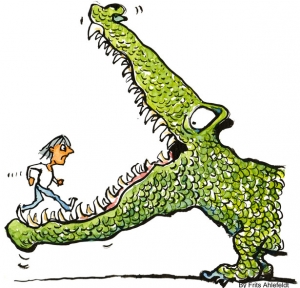 The more you do the training, practice your skills, develop mindfulness, step out of your comfort zone, face your challenges and learn from your mistakes, the more confident you will feel.
The more you do the training, practice your skills, develop mindfulness, step out of your comfort zone, face your challenges and learn from your mistakes, the more confident you will feel.
If you try to do it the other way around, try to feel confident first before you take action – it never works.
Most importantly, even if you are taking action and feeling confident expect to still feel fear!
Whenever you face a challenge or something important is at stake your fight or flight response will automatically kick in.
You can feel fear and do it anyway.
AVOIDING BURNOUT
Our society seems to praise athletes who push through pain and injury.
It is great to be focused and determined to win at all costs, but this can lead to ignoring your body causing further injury or delayed recovery.
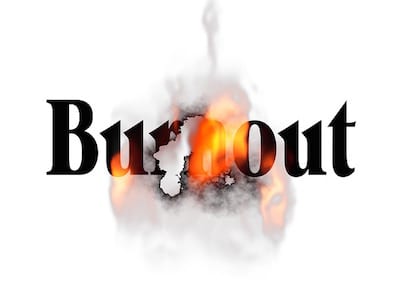 The same thing happens in the business world, you see people burning the candle at both ends and then they end up divorced, depressed, addicted or sick.
The same thing happens in the business world, you see people burning the candle at both ends and then they end up divorced, depressed, addicted or sick.
Parents who ignore their needs and focus exclusively on their kids needs at times end up resentful and angry.
To sustain peak performance you have to look after your health and well being.
This means taking care of our bodies and our relationships.
To be great at anything, there will be some sacrifice. You will need to give it your time, full effort, energy and make it a priority.
But you need to be smart about what you are giving up.
Extreme focus in one area does lead to greatness, but it you lose relationships or compromise your health is it worth it?
FINDING BALANCE
Ask yourself…
“Is this truly important to me to excel or am I willing to be competent at it?”
“What am I willing to give up and is it worth it?”
There will be certain areas of your life where you want to do more than simply get better, you want to be your best.
But if you apply this to all areas of your life, you are setting yourself up for burnout.
We all need downtime from training hard.
The challenge is finding the balance between work and play, fitness and health and love and focus.
GETTING IT RIGHT
Do you need help figuring out how to reach your peak potential? What about finding a healthy balance.
If so, click here or the graphic below to set up a complimentary clarity session so we can figure it out.

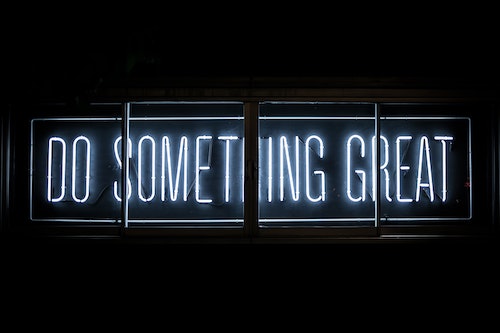




Recent Comments